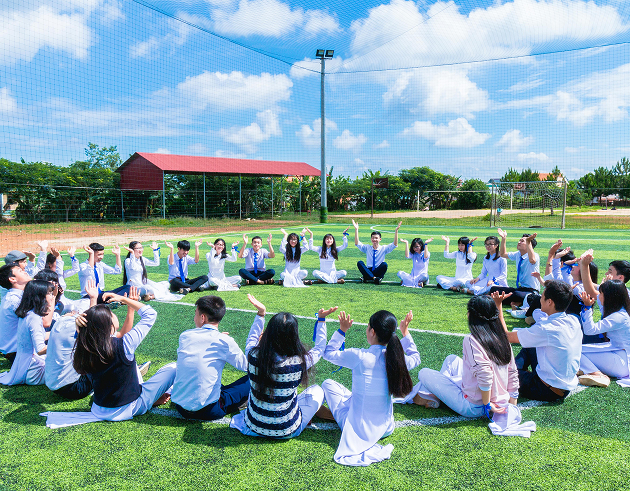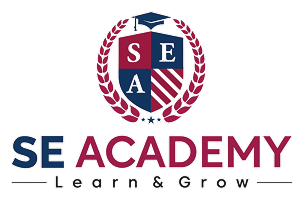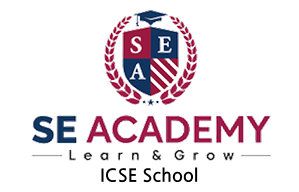Learning Beyond the Classroom Walls.
Field trips in academic settings offer students a valuable opportunity to experience hands-on learning outside the traditional classroom. Whether visiting a museum, historical site, nature reserve, or industry location, these excursions help bridge the gap between theory and real-world application. Students develop a deeper understanding of subjects through observation and interaction, while also enhancing their social skills, teamwork, and curiosity. Field trips foster excitement, encourage inquiry, and make education more meaningful by connecting lessons to everyday life.

A field trip in an academic context is more than just a break from the classroom—it is a carefully planned educational experience that provides students with direct exposure to real-world environments related to their studies. These trips can include visits to historical landmarks, science museums, botanical gardens, factories, research institutes, or even local community services. Each destination offers unique learning opportunities that enrich students' understanding of academic subjects. One of the most significant benefits of field trips is experiential learning. When students engage directly with the environment—whether observing historical artifacts in a museum, conducting experiments in a science center, or participating in a guided nature walk—they absorb knowledge in a more memorable and impactful way. This hands-on approach helps reinforce theoretical concepts taught in class and allows students to see their practical applications. Field trips also stimulate curiosity and encourage active participation. They promote critical thinking by challenging students to ask questions, make observations, and draw conclusions based on what they experience. In group settings, students collaborate, communicate, and support each other, which helps build interpersonal skills and teamwork. Moreover, these outings often expose students to career paths and industries they might not have previously considered. A visit to a local newspaper office might spark interest in journalism, while a trip to a tech company could inspire future software engineers. Exposure to professionals in action provides motivation and a clearer picture of potential futures.



